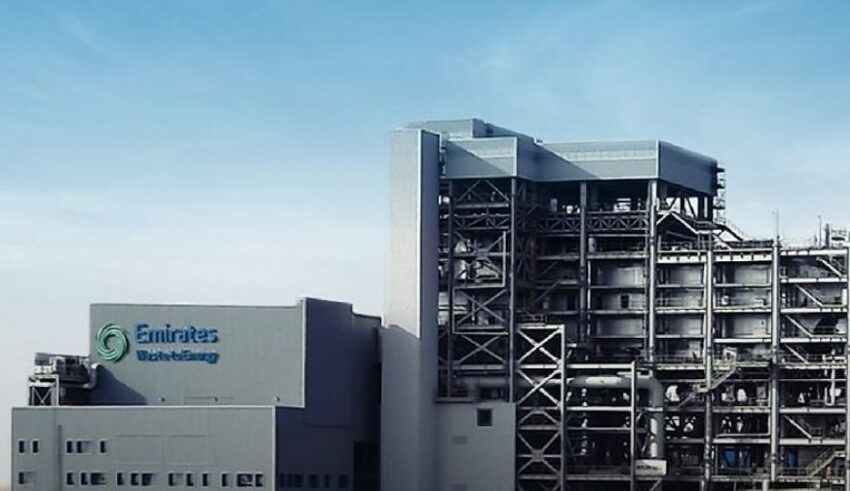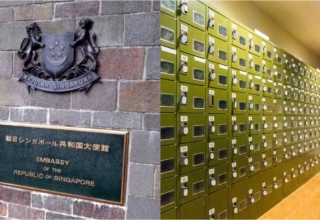
As the world grapples with the daunting challenges posed by climate change and a rapidly growing population, innovative solutions that offer a glimmer of hope for a sustainable future are worth celebrating. One such solution has emerged from the United Arab Emirates (UAE), where an ambitious waste management company has devised a groundbreaking method to convert 100,000 tonnes of waste into clean energy, capable of powering 2,000 homes for an entire year. This remarkable feat represents a significant stride towards achieving a circular economy and combating climate change.
The company at the forefront of this waste-to-energy breakthrough is making considerable headway in addressing two pressing issues: waste management and renewable energy generation. By leveraging cutting-edge technology, they are transforming an environmental liability into a valuable asset, leading the way in redefining the notion of waste.
Traditionally, waste disposal has been a challenge faced by nations around the world, with landfills and incineration being the primary methods employed. However, these approaches come at a high cost to the environment, contributing to air pollution, greenhouse gas emissions, and the depletion of natural resources. In stark contrast, the UAE company’s waste-to-energy model offers a sustainable alternative that reduces carbon emissions and minimizes the strain on landfills.
At the heart of this groundbreaking process is a sophisticated system that utilizes advanced sorting techniques and state-of-the-art technology to extract the maximum value from waste materials. The company employs a combination of recycling, composting, and anaerobic digestion to separate organic waste, recyclables, and non-recyclables. The organic waste is then converted into biogas through anaerobic digestion, while the remaining non-recyclable waste is transformed into energy through a waste-to-energy conversion process.
Keep Reading
The environmental benefits of this waste-to-energy initiative are significant. By diverting waste from landfills and incinerators, the UAE company is reducing greenhouse gas emissions and preventing the release of harmful pollutants into the atmosphere. Moreover, the conversion of organic waste into biogas helps generate renewable energy, which in turn reduces reliance on fossil fuels and promotes a cleaner energy mix.
Aside from its positive environmental impact, the waste-to-energy project holds promising economic potential. By creating an efficient waste management system, the company not only generates clean energy but also creates new job opportunities and spurs economic growth. This innovative approach aligns with the UAE’s vision of diversifying its economy and becoming a global leader in sustainable technologies.
While the UAE’s waste-to-energy initiative is undoubtedly impressive, it is crucial to recognize that this is just the beginning. Scaling up such projects will be essential to making a meaningful impact on a global scale. Collaboration between governments, businesses, and communities is crucial in implementing similar waste management systems and supporting the transition to a circular economy.
Furthermore, it is imperative to ensure that waste-to-energy projects maintain high environmental standards and prioritize the reduction of waste generation in the first place. Waste prevention, recycling, and composting should continue to be at the forefront of waste management strategies, complemented by waste-to-energy as a viable solution for non-recyclable waste.
The UAE company’s waste-to-energy breakthrough is a testament to the power of innovation and the urgent need for sustainable solutions. By turning waste into a valuable resource, they have laid the groundwork for a greener, more sustainable future. As nations around the world face mounting environmental challenges, this waste-to-energy model offers a ray of hope and sets a positive example for others to follow. It is a reminder that through ingenuity and a commitment to sustainable practices, we can navigate the path towards a cleaner, more resilient planet.


























